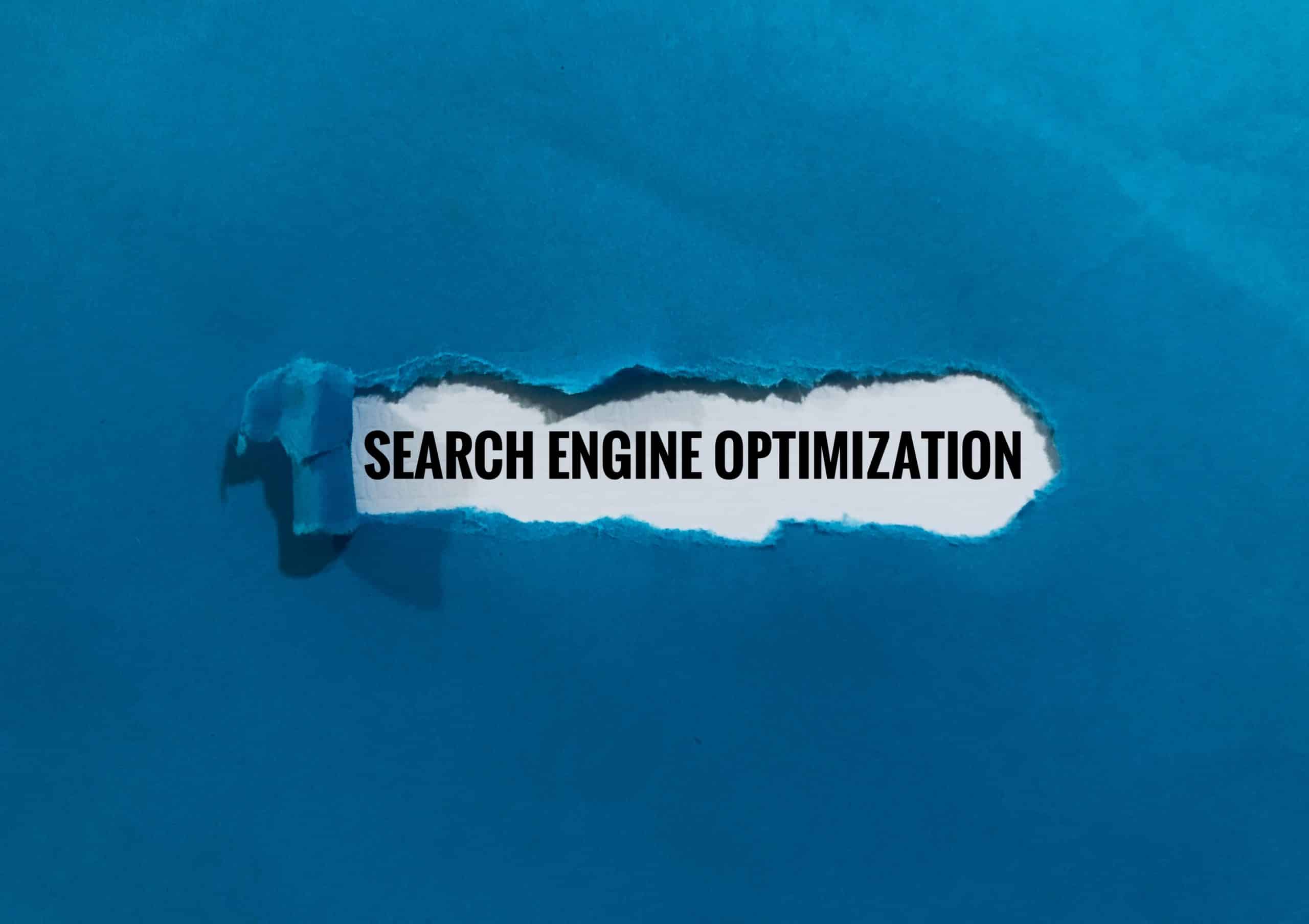How to Optimize Property Management with AI-Based Predictive Analytics?

The world of real estate and property management is experiencing a radical transformation, thanks to the emerging technologies. One of the most promising advancements is predictive analytics powered by Artificial Intelligence (AI). It is proving to be an effective tool that can enable property managers to anticipate future trends, streamline maintenance, enhance customer relationships and ultimately maximize the potential of their portfolios. This article will delve into how AI-based predictive analytics can be leveraged for optimizing property management.
The Role of Predictive Analytics in Property Management
In the bustling field of property management, predictive analytics can act as a powerful ally. By employing sophisticated algorithms and machine learning techniques, it can analyze a vast amount of raw data, including historical records, tenant behavior, market trends, and much more. The result is meaningful insights and accurate predictions that can be utilized for decision-making and strategic planning.
Also to read : How to Implement Smart HVAC Systems in High-Rise Office Buildings?
To start with, let’s understand the term "predictive analytics". It’s a branch of advanced analytics that utilizes AI and statistical algorithms to analyze current and historical facts, and make predictions about future events. In the context of property management, these predictions could relate to market trends, property maintenance, tenant behavior, and other relevant aspects.
The utility of predictive analytics in property management cannot be underestimated. It’s like having a crystal ball that offers you a glimpse into the future, allowing you to make more informed decisions and strategies.
Also to see : What Are the Latest Trends in Workspace Design for Post-Pandemic Real Estate?
Predictive Maintenance for Properties
When it comes to property maintenance, being proactive rather than reactive can save a lot of time, effort, and money. This is where AI-based predictive analytics come into play. Predictive maintenance uses data and machine learning to predict when a property component might fail or require service, enabling property managers to address the issues before they become problematic.
By analyzing data such as usage patterns, past repairs, changes in operating conditions, and environmental factors, predictive analytics can accurately predict potential maintenance issues. This means you can schedule maintenance tasks ahead of time, reducing the risk of unexpected breakdowns that can cause inconvenience to your tenants and result in costly emergency repairs.
Optimizing Tenant Management
Predictive analytics can also significantly enhance tenant management. It can help you understand tenant behaviors and preferences, thereby improving the tenant experience and reducing the churn rate. By analyzing tenant data, AI algorithms can predict which tenants are likely to stay or leave, identify potential issues that might trigger dissatisfaction, and provide insights on what amenities or services are most valued by your tenants.
These predictive insights can guide you in tailoring your services to meet the specific needs of your tenants. It can also help you to identify potential issues before they escalate, enabling you to take proactive steps to ensure tenant satisfaction.
Exploring New Market Trends
In the volatile real estate market, having a grasp of the upcoming trends can give property managers a competitive edge. Predictive analytics can analyze the historical and current market data to identify patterns and trends that can shape the future of the real estate market.
Whether it’s predicting the rise or fall of property prices in a specific region, the demand for certain property types, or the impact of economic factors on the property market, predictive analytics provides you with valuable insights. By staying ahead of the curve, you can make more strategic decisions and seize potential opportunities.
Enhancing Customer Relationships
In the realm of property management, maintaining strong relationships with customers is key to success. Predictive analytics can help you understand your customers better, predict their needs, and deliver personalized services.
By analyzing customer data, you can gain insights into their preferences, behaviors, and expectations. This can help you anticipate their needs, personalize your interactions, and deliver services that exceed their expectations. As a result, you can build stronger relationships with your customers, enhance their satisfaction, and increase their loyalty.
In conclusion, predictive analytics powered by AI is a powerful tool for property managers. It not only helps in predicting future trends and optimizing property maintenance but also plays a significant role in improving tenant management and enhancing customer relationships. By harnessing the power of predictive analytics, property managers can optimize their operations, make more informed decisions, and stay ahead in the competitive real estate market.
Advancements in Property Search and Valuation
Leveraging artificial intelligence and predictive analytics, property managers can revolutionize the way they conduct property searches and valuations. Traditional methods of property search and valuation have often been time-consuming and imprecise. However, with the advent of predictive analytics, these processes can be optimized to a great extent.
Aided by machine learning techniques and a wealth of real estate data, predictive analytics can estimate property values with a higher degree of accuracy. The algorithms take into account various parameters such as location, size, age, amenities, historical prices, and market trends to predict the value of a property. This not only facilitates a more accurate property valuation but also helps property managers to identify undervalued or overpriced properties.
Moreover, predictive analytics can streamline property search by offering a more personalized experience to the potential buyers. The AI algorithms can analyze the preferences and behavior of the buyers to predict their property preferences. This allows property managers to recommend properties that closely align with the buyers’ needs and preferences, thus saving time, and improving the chances of a successful deal.
In addition, predictive analytics can assist property managers in forecasting the future value of a property. This can be immensely beneficial for investors looking to make a long-term investment in the real estate market. By providing accurate and data-driven predictions, predictive analytics can enable informed decision-making and lead to higher returns on investment.
Harnessing AI in Lead Generation and Management Software
The integration of AI and predictive analytics in property management software can have a profound impact on lead generation and customer relationship management. Predictive analytics can analyze vast amounts of data to identify patterns and trends that can help property managers in generating more qualified leads.
For instance, AI-based systems can analyze the online behavior and social media activity of potential clients to predict their propensity to buy or rent a property. This allows property managers to focus their marketing efforts on the most promising leads, thereby improving the efficiency of their lead generation campaigns.
Moreover, predictive analytics can help in improving the quality of customer interactions. By analyzing the past interactions and behavior of the customers, AI can anticipate their needs and preferences. This allows property managers to personalize their communication and offer services that align with the customers’ needs. Such personalized interactions can significantly improve customer satisfaction and foster long-term relationships.
Furthermore, AI-powered property management software can automate various mundane tasks, freeing up the time of property managers. Tasks such as scheduling property viewings, sending reminders, and managing paperwork can be automated using AI, allowing property managers to focus on more strategic aspects of their work.
Conclusion
The integration of AI and predictive analytics in property management is revolutionizing the real estate industry. From optimizing property maintenance and tenant management to personalizing property search and boosting lead generation, AI is reshaping the way property managers operate. By leveraging predictive analytics, property managers can make data-driven decisions, optimize their operations, and stay a step ahead in the highly competitive real estate market. As the technology evolves, we can expect AI to play an increasingly prominent role in shaping the future of property management.
